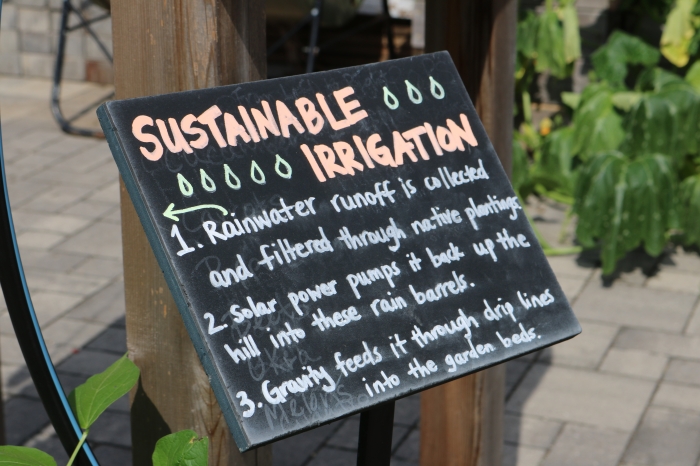
Welcome to the University of Maryland FIRE Environmental Pathogens research stream.

The goal of the First-year Innovation & Research Experience (FIRE) is to provide first year students at the University of Maryland with the opportunity to participate in authentic, hands-on research under the guidance of student Peer Mentors, Research Educators, and active faculty pursuing novel research projects on the UMD campus.
Students learn about the universal process of scientific research, as well as techniques specific to their unique research stream. Students also conduct their research independently and on their own schedules, giving them both freedom and flexibility to manage their own project.
Check out the EP lab featured in the FIRE video!
The water we eat, drink and otherwise use can contain bacteria, parasites and viruses that can make humans ill. Our research stream’s objective is to understand what organisms are in the water in our local area, and how the presence of these organisms can affect the ecology and health of the public. Our research stream focuses on using methods related to microbiology, molecular biology and genomics to identify bacteria and other pathogenic contaminants in waterways. We also have strong ties to areas of public health and environmental science, with a particular focus on ecological sustainability. In fact, the EP lab is run by a UMD Chesapeake Fellow and completion of the FIRE152/252 course set can count toward the Science and Technology requirement of the UMD Sustainability Studies Minor.

The Chesapeake Bay watershed covers approximately 64,000 miles and is home to over 17 million people. Thus there can be severe economic and social consequences of bacterial contamination, including damage to local wildlife, endangerment of human health and loss revenue for fishermen and the tourist industry due to closed beaches.
The EP lab focuses on pathogen contamination of tributary waterways of the Chesapeake Bay. Our primary work examines how pathogen presence and proliferation is impacted by environmental factors (such as salinity and nutrient load). We also work with CONSERVE, a multi-institutional organization examining the viability of non-traditional water sources for use in agricultural irrigation.



